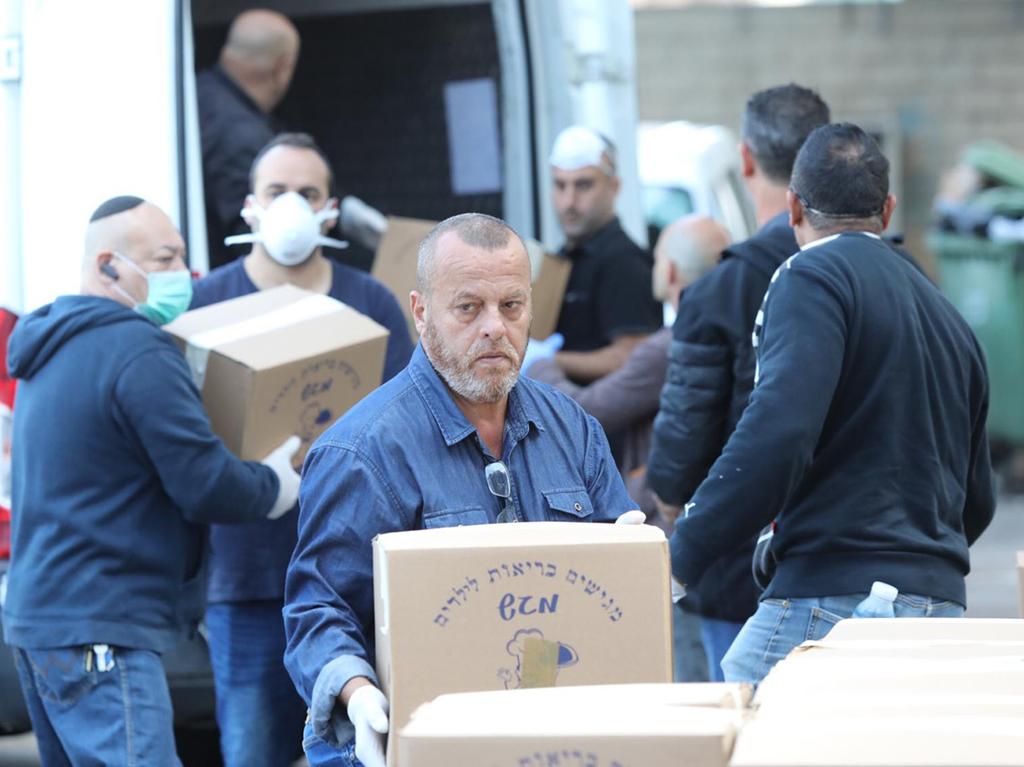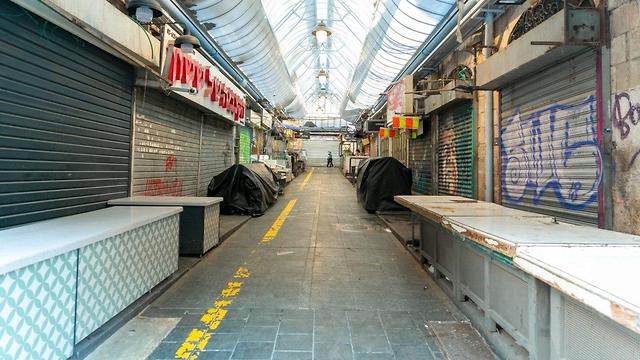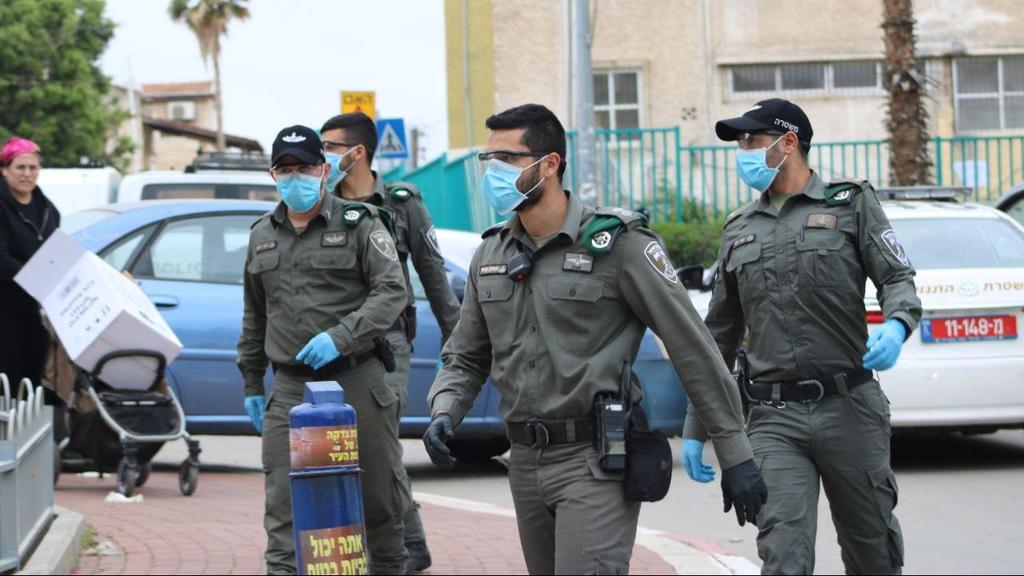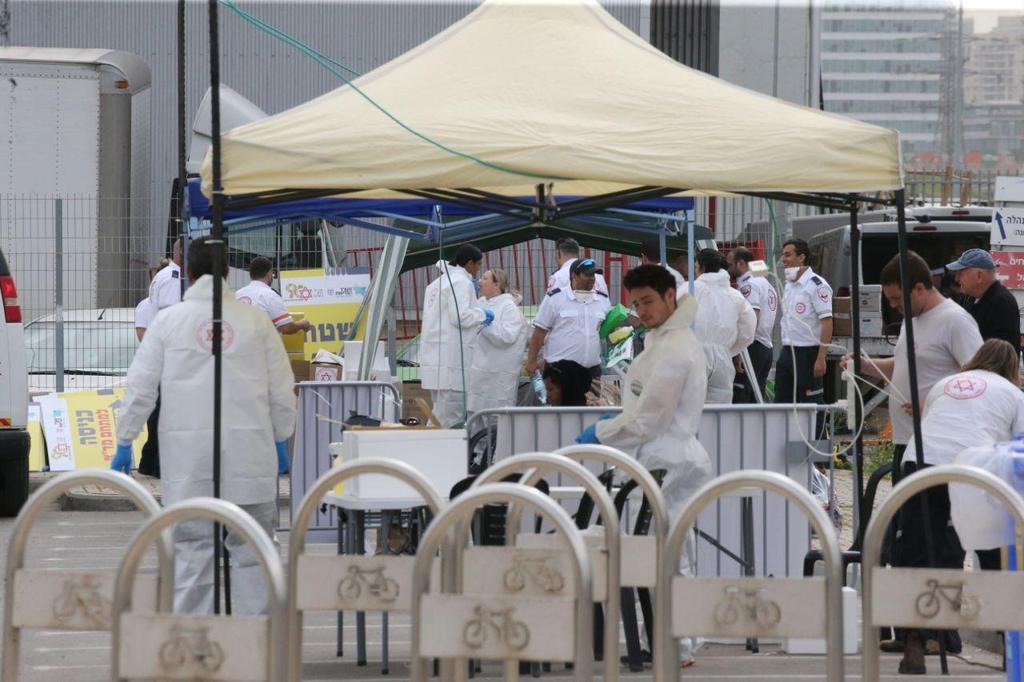Now everyone in Israel is used to staying home, it is time to look forward. The current national policy to deal with coronavirus appears to consist of just one component – isolation.
How long will this last? Is this the only possible strategy?
Countless mistakes have been made so far, all because the authorities failed to realize that a national crisis of this scale can only be solved by using the resources of the state to their fullest extent. The Ministry of Health cannot manage such a crisis alone.
The Health Ministry's virology laboratories worked only one shift a day until the beginning of this week. In fact, until mid-March, only one of 25 such laboratories was even operational.
This means that for two entire months, Israel was only using 1.2 percent of its ability to monitor the spread of coronavirus.
Furthermore, a single lab test takes about six hours but on average it takes 3-5 days for the patient to receive the results.
That means there are 500 confirmed virus cases every day who are unaware they are carriers and who continue to infect others.
Additionally, there is no organized method for selecting whom to test.
Supermarkets, for example, would most likely keep operating even under the strictest lockdown - and a single cashier with a runny nose could infect a hundred more people a day. Why not proactively check them?
And that's just the tip of the iceberg.
Defense Minister Naftali Bennett published a policy this week that is noteworthy due to four characteristics – a precise description of the errors made during the crisis; a coherent national methodology to fight the outbreak; quantifiable goals; and a call for action across multiple channels simultaneously.
Bennett's plan is based on three assumptions:
a. Israel will be able to obtain thousands more ventilators for coronavirus patients in need of respiratory assistance
b. Israel will be able to conduct 30,000 coronavirus tests a day
c. The tests will be more focused thanks to intelligence gathered by the authorities
Prof. Amnon Shashua, co-founder and CEO of Jerusalem-based automotive chip developer Mobileye, suggested a plan that doesn't contradict Bennett's but relies more on isolation and quarantine than testing.
4 View gallery


Food distribution for Israel's elderly population during the coronavirus pandemic
(Photo: GPO)
According to Shashua, if Israel imposes an effective lockdown on groups at risk, such as the elderly and people with underlying health conditions, the rest of the population could continue with normal life and gradually become immune to the virus - something commonly called herd immunity.
Both plans aspire to reach the same goal – increasing our ability to treat patients in need of respiratory assistance while keeping the number of such patients below that of available respirators.
With Shashua's approach, Israel could start lifting some of the restrictions on the economy after Passover, while also implementing the following steps:
a. Adjusting isolation orders depending on the personal level of risk and contagion rates in the area
b. Ending home treatment for coronavirus. All patients, even those displaying mild to no symptoms, will be quarantined in closed facilities
c. Increasing the number of tests, including testing for all arrivals from overseas
The method of management of the crisis would also eventually evolve. At first, all action must be coordinated round the clock in a single national operations room, which would gradually delegate responsibility to the local authorities.
We saw back in the Second Lebanon War in 2006 that local leaders know how to manage their communities better than anyone.
4 View gallery


Jerusalem's Mahane Yehuda market is shuttered during coronavirus outbreak
(Photo: TPS)
Each mayor would determine the closure procedure in their community.
Why not allow residents of neighborhoods bordering fields, orchards, and forests to go to those open areas? Why do mayors not know the identities of the sick in their communities? Is it not clear that a family living on the same floor as a confirmed patient should take different precautions than someone who lives on a different street?
The government must conduct a thorough discussion and examine better alternatives so we can end this shallow and one-dimensional argument of whether nor not the lockdown is strict enough.



